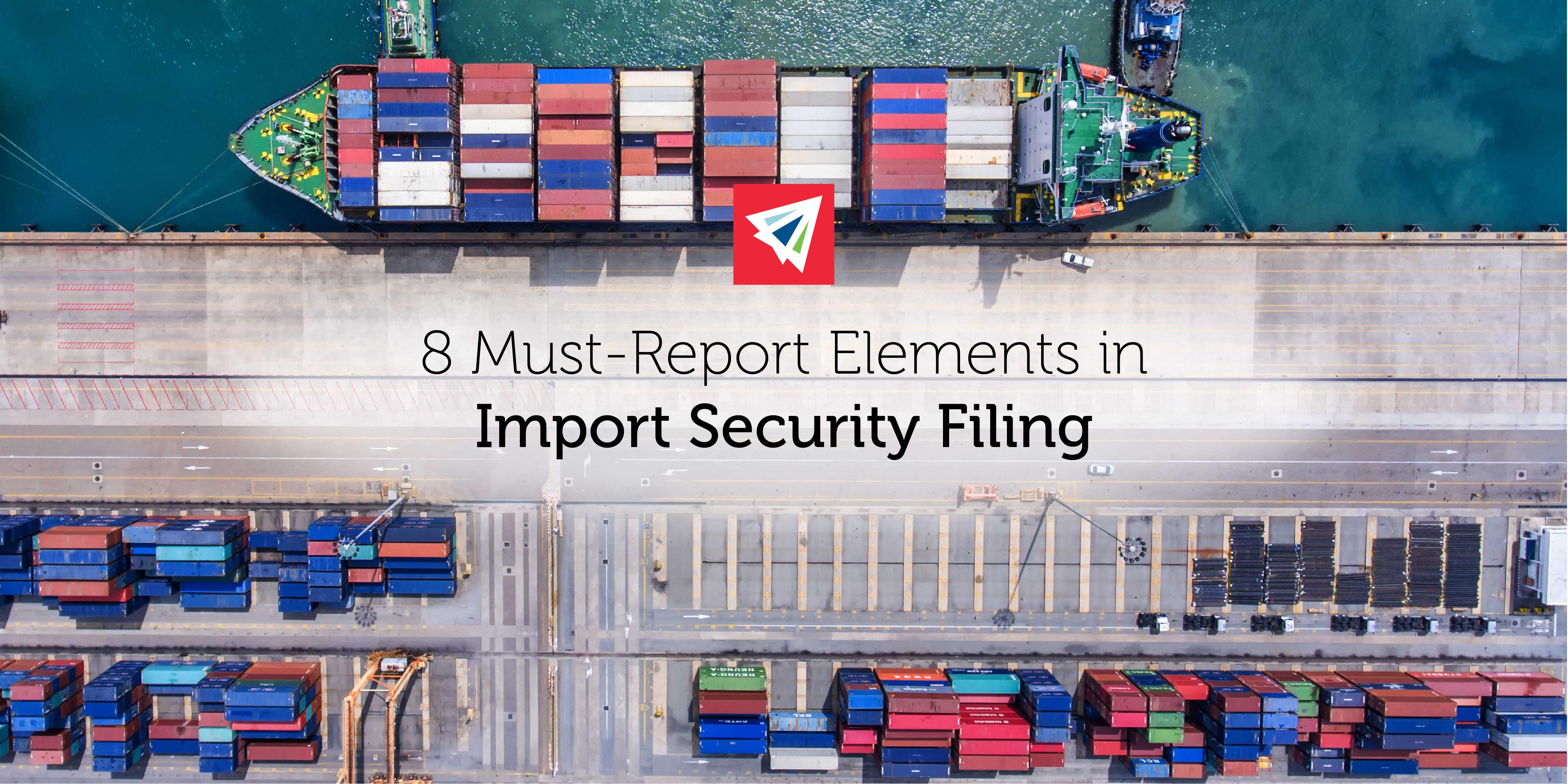Why is Import Security Filing Needed?
Under CBP law, before goods can arrive in the United States via an ocean vessel, the ISF importer needs to submit files to the CBP. These files are referred to as Import Security Filing (ISF) and are only required on imports to the U.S. via an ocean vessel (air cargo, intermodal, and truck imports do not require ISF forms.) Failure to submit these forms can result in severe penalization of the ISF Importer on record. ISF is required for the purpose of security. Sending in your ISF details ensures that the CBP has a “heads-up” whenever high-risk shipments are entering the United States, and thus allows them to be more on top of security checks, handling, and cargo searches when needed.
What is an ISF Importer?
The “ISF Importer” is generally listed as the party who is importing. It is the owner of the goods, consignee, or importer. Often times, the owner of the goods will have a certified, licensed custom’s broker submit the ISF forms on their behalf. Regardless of who submits the forms, all ISF details must be reported to the CBP at least 24 hours before the cargo arrives in the U.S. Failing to submit the forms before the cargo arrives, or in less than 24 hours before it arrives on-shore will result in stiff penalties of up to $5,000 per instance.
Interestingly enough, ISF Filing is not always required 24-hours in advance to cargo arrival for break bulk cargo shipments. In fact, there exist circumstances in which ISF does not need to be filed whatsoever for break bulk shipments. Although it is important to contact your forwarder regarding exemptions on ISF filing for break-bulk shipments so as to avoid racking up heavy fees.
Requirements for Filing ISF
All ISF Filing is done electronically Although penalties are serious for non-reported, misreported, or delayed submission of ISF information, the process is simple. The CBP only requires details on 8 data elements to be submitted 24 hours prior to the arrival of the cargo. These elements are:
- Seller
- Buyer
- Importer of Record (IOR) and FTZ Applicant Identification Number
- Consignee Number
- Manufacturer or Supplier
- Ship to Party
- Country of Origin
- Commodity Harmonized Tariff Schedule or the United States Number (HTSUS)
If information is updated or changed after these data elements have been submitted, the ISF importer can send the updated information to the CBP, however, it must still be filed no later than 24 hours before the cargo arrives in the U.S. While ISF requirements and penalties may seem extreme, gathering and submitting the required data should be a very simple process. Along with the documents you submit for AMS Customs, all the information required of you should be readily available.
If you would like to learn more about preparing your cargo for shipment, or want to get a better grasp on Import Security Filing, call our team at Interlog USA! We have a lot of experience in the area and are always happy to help others out.

2 thoughts on “8 Must-Report Elements in Import Security Filing”